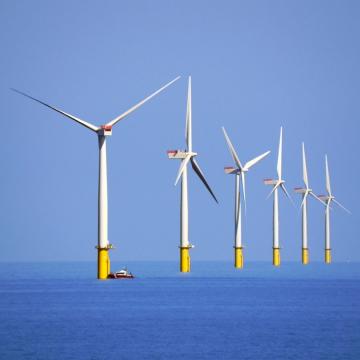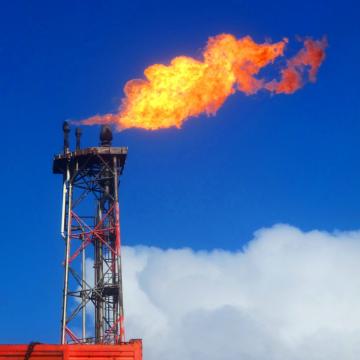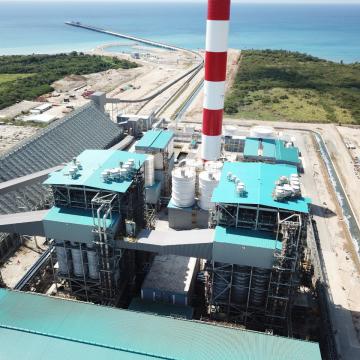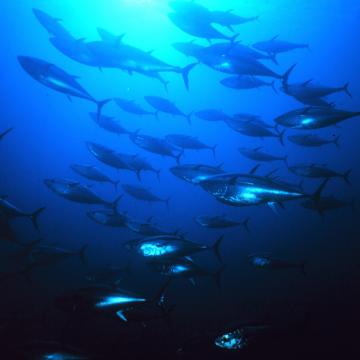-
NewsDuke University has received a $7.5 million grant from the U.S. Department of Energy to assess the risks offshore wind energy development along the East Coast may pose to birds, bats and marine mammals.
-
NewsLori Bennear and Tim Johnson discussed two bills under consideration in Congress and their potential impact on the reduction of carbon emissions and more.
-
NewsClouds of smoke and ash from wildfires that ravaged Australia in 2019 and 2020 triggered widespread algal blooms in the Southern Ocean thousands of miles downwind to the east, a new Duke University-led study by an international team of scientists finds.
-
NewsWarming waters along the Western Antarctic Peninsula have led to declines in the diversity and distribution of the region’s plankton population and its ability to absorb climate-warming carbon dioxide from the atmosphere.
-
NewsReducing emissions of methane, a short-lived but super-potent greenhouse gas, is the most cost-effective way to slow the rate of Earth’s warming in coming decades, a new United Nations report finds.
-
NewsHarnessing the power of artificial intelligence, satellites and field observations, Duke researchers have produced new estimates of how much photosynthesis and primary production – key components in the global carbon cycle – are occurring in Earth’s oceans, and how these processes may be changing in response to a changing climate.
-
NewsDuke University researchers have found high levels of toxic heavy metals in coal ash from the Dominican Republic’s largest coal-fired power plant.
-
NewsMassive power outages in Texas brought on by a historic freeze could be avoided in the future if the state no longer isolates its power grid from other states, among other steps, according to Duke University experts.
-
NewsThe proliferation of pits and ponds created in recent years by miners digging for small deposits of alluvial gold in Peru’s Amazon has dramatically altered the landscape and increased the risk of mercury exposure for indigenous communities and wildlife, a new study shows.
-
NewsReusing low-saline oilfield water mixed with surface water to irrigate farms in the Cawelo Water District of California does not pose major health risks, as some opponents of the practice have feared, a study led by Duke University and RTI International researchers finds.
-
NewsBy providing the first estimate of how much hydrogen is available to fuel microbial life in the sunless sub-seafloor crust beneath the Mid-Ocean Ridge (MOR), a new Duke University-led study sheds light on one of Earth’s least understood biospheres.
-
NewsA new $2.44 million grant from the U.S. Department of Energy’s Advanced Research Projects Agency-Energy (ARPA-E) will support a Duke University-led initiative to help utilities and wholesale electricity markets improve their efficiency and reliability while reducing emissions and costs, at a time of needed transformations to tackle climate change.
-
NewsTanker traffic through the Strait of Hormuz can decline for up to two years after a piracy attack, a new Duke University study finds, but the adverse effects of the slowdown are far greater on some Persian Gulf countries than others.
-
NewsThe ratio of carbon isotopes in three common species of tuna has changed substantially since 2000, suggesting major shifts are taking place in phytoplankton populations that form the base of the ocean’s food web, a new international study finds.
-
NewsA new study which combines measurements from nearly 1,400 drinking water wells across North Carolina estimates that more than half of the wells in the state’s central region contain levels of cancer-causing hexavalent chromium in excess of state safety standards.














